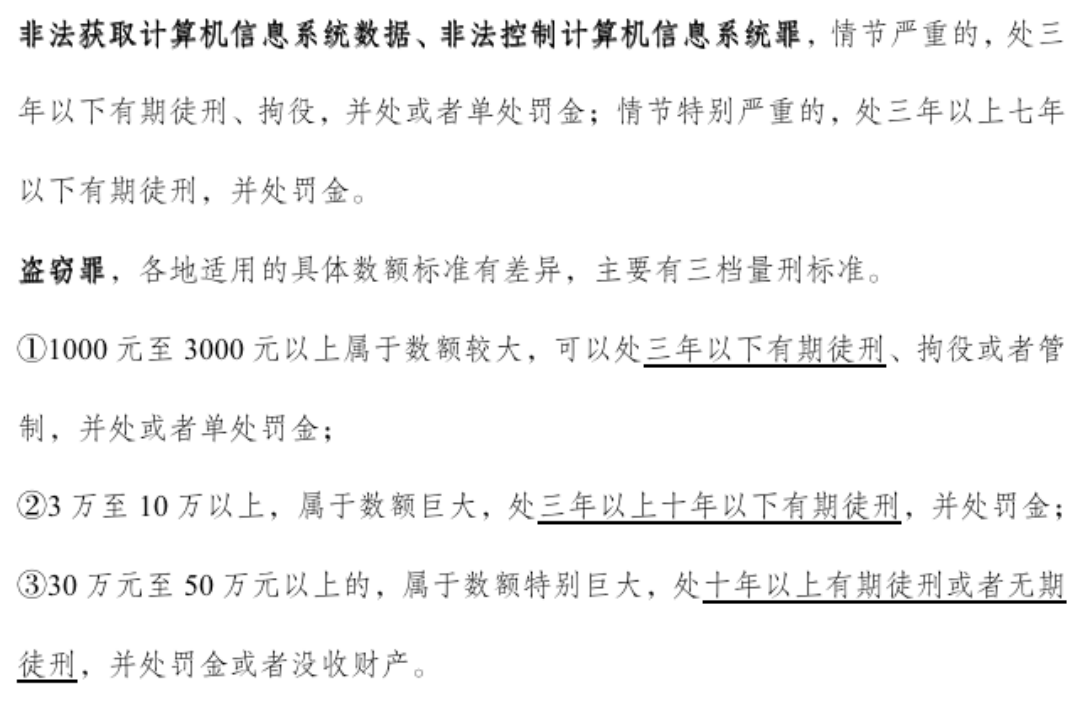
Recently, several domestic digital collectible platforms have been targeted by hackers, resulting in a large number of digital collectibles being stolen and quickly sold off and withdrawn, causing significant losses to users or platforms. It is reported that the platform has reported the incident to the police, and the police have frozen most of the funds involved, and the suspects have been apprehended.
NFT theft is not uncommon. As early as April 1st last year, Jay Chou announced that his friend’s “Bored Ape” was stolen. This was not an April Fool’s joke, and since then, there have been a series of hacking and theft incidents on both foreign platforms like Opensea and domestic digital collectible platforms. The reason behind this is that the NFT cake is too tempting, the field is too hot, and the money comes too quickly. Hackers can quickly cash out and exit, focusing on efficiency and convenience.

- Review of Solidly’s development in the past year Did ve(3,3) thrive or spin in place?
- With the support of both Base and LianGuairadigm, can the blockchain game LianGuairallel in the form of trading cards create a new wave of encryption?
- Binance Research Interprets Decentralized Order Book Layer2 Security Cornerstone, Expanding Native Token Use Cases
However, justice may be slow, but it is thorough. In the case where the suspects have been apprehended, as a legal practitioner, what I am concerned about is often the professional issue – what charges can be brought against stealing digital collectibles?
Theft or Illegal Access to Computer Information System Data?
Before discussing the theft of NFTs, let’s briefly talk about digital currencies, which are also based on blockchain technology. There has always been a debate about whether the offense is theft or illegal access to computer information system data when it comes to stealing digital currencies, as discussed by the Mankiw team. However, in our judicial practice, different courts still have inconsistent legal interpretations of the theft of digital currencies, resulting in significant differences in the sentences imposed on the defendants.
For example, in the case of Xu illegally accessing computer information system data and illegally controlling a computer information system [(2020) Min 0305 Xing Chu 82], the defendant Xu repeatedly exploited a platform system delay vulnerability to repeatedly withdraw USDT and then gathered five other people to carry out the same operation to obtain 110,000 Tether coins. The court ultimately convicted Xu of the offense of illegal access to computer system data and sentenced him to a suspended sentence of three years and a fine of 30,000 yuan.
In the case of Fang’s theft [(2021) Hu 0118 Xing Chu 670], Fang used technical means to invade a company’s system and secretly transferred “Jin Gang Coin” to make a profit of 20,000 yuan. The court ultimately convicted Fang of the offense of theft and sentenced him to one year and six months in prison and a fine of 5,000 yuan.
As we can see, with the same method of stealing coins, the difference in the amount involved is huge, but the results are similar, which is puzzling. The reason behind this is that from a legal perspective, the two charges are fundamentally different. Theft is an ancient offense against property and can carry a maximum sentence of life imprisonment (with the death penalty abolished); whereas illegal access to computer information system data and illegal control of computer information system offenses are established to maintain public order, with a maximum sentence of up to seven years in prison and a fine.

02 What Crime Does Stealing Digital Collectibles Constitute?
After a lot of rambling, I want to explain that there is no consensus in practice on the theft of digital currencies. However, for stealing digital collectibles, I believe that it should be more appropriate to convict and punish it as theft.
First of all, there are many significant differences between digital collectibles and Bitcoin. Bitcoin is a homogeneous token, while digital collectibles are non-fungible tokens with uniqueness. They are essentially ownership certificates corresponding to specific works of art, created to achieve real, trustworthy digital issuance, purchase, collection, and use. They not only embody blockchain technology but also encompass comprehensive elements such as copyright and appreciation value of the works. Their “value” should not be denied just because some users/platforms speculate on them. They should be treated as “property” protected by theft laws.
Secondly, domestic policies do not prohibit the trading of digital collectibles, especially since the majority of digital collectible platforms settle transactions in Chinese yuan. From the perspective of transaction attributes, digital collectibles are commodities and should also be protected by law. In a worst-case scenario, even if the state prohibits the trading of digital collectibles, causing them to lose their circulation attributes from a legal perspective, they should still be protected by law. Otherwise, would stealing drugs be considered innocent? On the contrary, in practice, most cases are still convicted and punished as theft.
Furthermore, from the perspective of victim protection, stealing digital collectibles should also be classified as theft. Digital collectibles may have been purchased at a high price by users, and convicting and sentencing based on theft laws can better protect their rights and interests (the underlying legal interests) from the perspective of their losses. Otherwise, it may fall into a moral trap. For example, if criminals steal digital collectibles and resell them without returning the proceeds, they can enjoy a luxurious life after serving a few years in prison. In such cases, the crime, responsibility, and punishment do not match, which can easily embolden criminals.
03 Conclusion from Lawyer Mankun
As a legal practitioner in the NFT field, I still hope to increase efforts to combat hackers and other cybercrimes. This industry not only needs its own compliance but also requires a good rule of law environment to protect its healthy and orderly development.
Like what you're reading? Subscribe to our top stories.
We will continue to update Gambling Chain; if you have any questions or suggestions, please contact us!